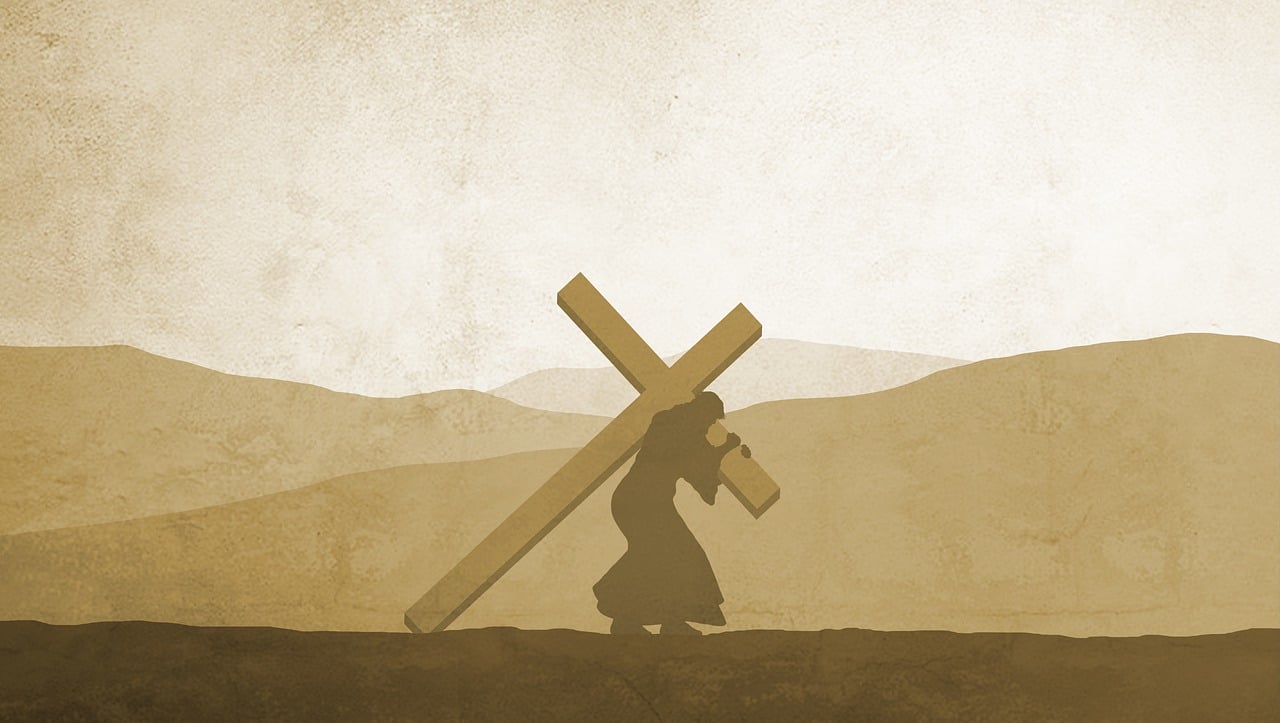There are a lot of misconceptions about what it means to be non-denominational. People often think that non-denominational churches are more relaxed, less formal, and less serious about their faith. But what does it really mean to be non-denominational?
Being non-denominational simply means that a church is not affiliated with any particular denomination. This doesn’t mean that the church is less serious about their faith, or that they don’t hold to certain doctrinal beliefs. In fact, many non-denominational churches are very intentional about what they believe and teach.
So what are the benefits of being non-denominational? One of the main benefits is that it allows for more freedom in what a church can believe and teach. This can be a good thing, because it means that each church can focus on what they feel is most important.
1. How to be Non-Denominational
When it comes to religion, there are a lot of different labels and terms that can be used to describe someone’s beliefs. One of these terms is “non-denominational.” But what does it mean to be non-denominational?
Simply put, being non-denominational means that someone is not affiliated with any particular religious denomination. This doesn’t mean that they don’t have any religious beliefs, but rather that they don’t identify with any one particular group.
There are a few different reasons why someone might choose to be non-denominational. For some, it’s a way to distance themselves from the negative aspects of organized religion. Others may find that they resonate with the teachings of multiple denominations and so they don’t want to limit themselves to just one. Whatever the reason, if you’re considering becoming non-denominational, it
2. Loyalty to Jesus Christ
Simply put, it means to have loyalty to Jesus Christ alone and not to any specific Christian denomination. This can mean different things for different people, but at its core, being non-denominational is about having a personal relationship with Jesus Christ that is not filtered through any specific denomination.
There are many reasons why someone might choose to be non-denominational. Maybe they haven’t found a denomination that they really identify with. Or maybe they have been burned by the politics and infighting that can sometimes be found within denominations. Whatever the reason, being non-denominational is a valid way to follow Jesus Christ.
If you are considering aligning yourself with a non-denominational church or group, here are a few things to keep in mind.
3. Covering only Christian Beliefs
The term “non-denominational” is used to describe a Christian who does not belong to a specific denomination. Non-denominational Christians are not bound to any particular creed or doctrine and are free to believe whatever they want. This type of Christianity is often seen as more inclusive and tolerant than other forms of Christianity.
What does it mean to be non-denominational? In short, it means that a person or group is not affiliated with any particular denomination of Christianity. Non-denominational Christians often believe that Christianity should be unified and that denominational labels are divisive.jki
4. Separation of Religion and Politics
There is no one answer to the question of what it means to be non-denominational, as there is no one definition of denominationalism. However, generally speaking, denominationalism refers to the belief that there is more than one valid way to interpret and practice religion. This belief is often tied to the idea that religious truth is relative, and that different denominations have different strengths and weaknesses.
Non-denominationalism, on the other hand, typically refers to the belief that there is only one valid interpretation of religion, and that all other interpretations are false. This belief is often tied to the idea that religious truth is absolute, and that denominations are primarily divisions within the Church that weaken its unity.



